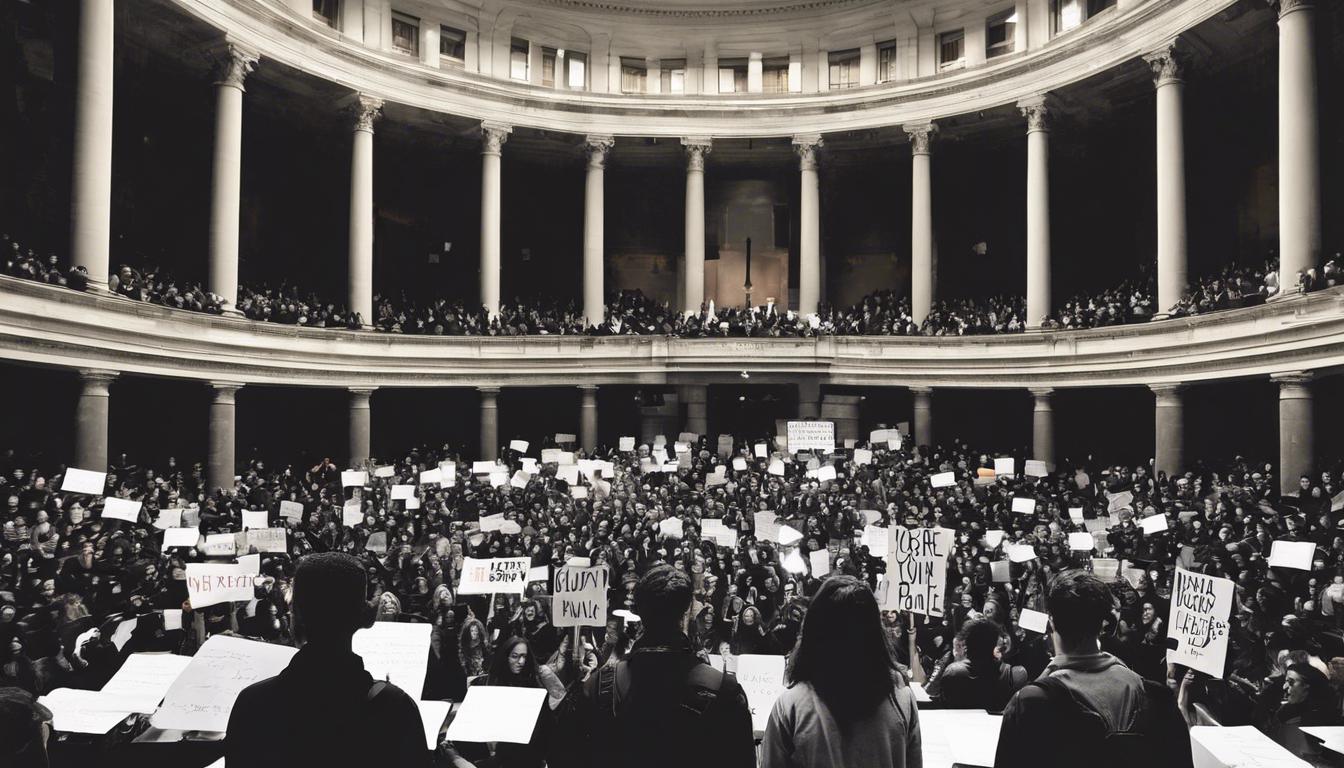Kentucky and Alabama are at the forefront of a national movement to ban diversity, equity, and inclusion initiatives in public education and state agencies, sparking debates on the future of inclusivity in American institutions.
Kentucky and Alabama have become focal points in a growing trend among US states to ban diversity, equity, and inclusion (DEI) programs at public educational institutions and state agencies. In Kentucky, legislation is advancing that would defund DEI offices and staff in public colleges and universities and prohibit scholarships based on race, gender, or religion. This move has incited student protests and concern over what some fear could escalate into “legal discrimination” within public institutions. The bill, criticized for potentially rolling back progress in racial equity, also seeks to eliminate coursework on societal privilege, oppression, and colonialism.
In a parallel development, Alabama Governor Kay Ivey recently signed a bill to outlaw DEI initiatives in public schools, universities, and state agencies starting from October 1. The Alabama legislation specifically aims to ban the teaching of “divisive concepts” that might induce feelings of guilt related to race or gender. Critics, including Alabama House Minority Leader Anthony Daniels, have expressed concerns that this legislation marks a regression in efforts towards fostering inclusivity and diversity.
Both states’ actions form part of a wider campaign led predominantly by Republican lawmakers across several US states, targeting DEI programs in higher education. This campaign is often framed as a response to what is perceived as liberal influence in American culture and education. The Kentucky bill threatens resources like the Cultural and Equity Center at the University of Louisville, highlighting personal testimonies from students like Carlie Reeves on the importance of these programs. Alabama’s legislation, meanwhile, also introduces restrictions on transgender individuals regarding the use of restrooms, with enforcement details yet to be clarified.
With Republican dominance in Kentucky’s state legislature and strong political support in Alabama, these initiatives signal a significant shift in the states’ approach to diversity and inclusion in education, reflecting broader national debates on the role of DEI programs in academic and public institutions.













